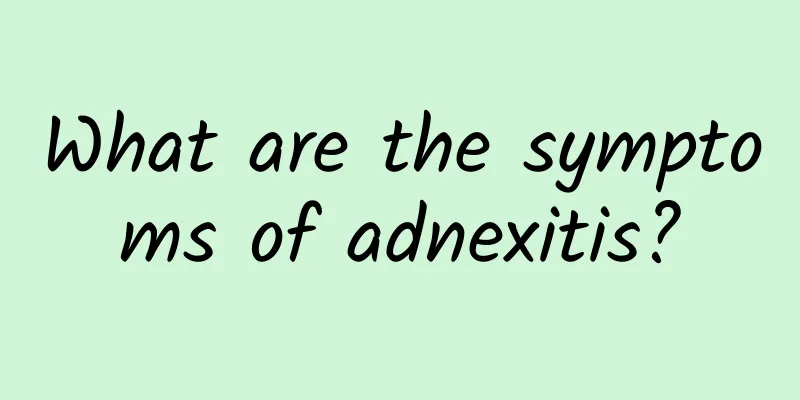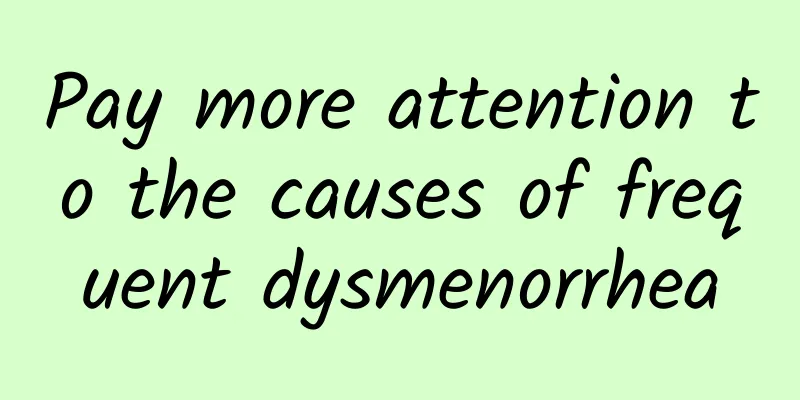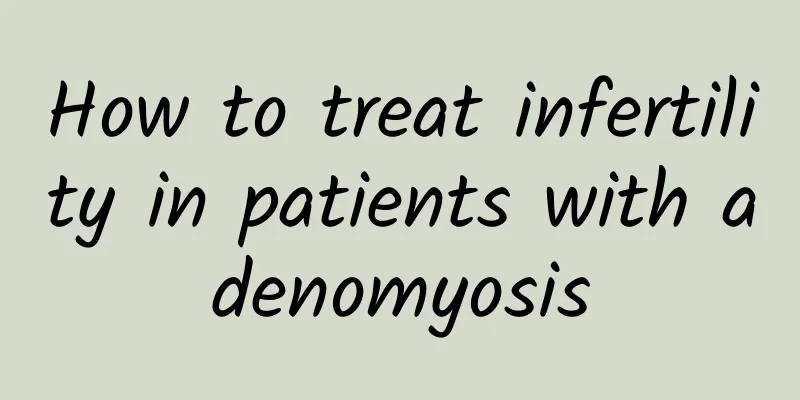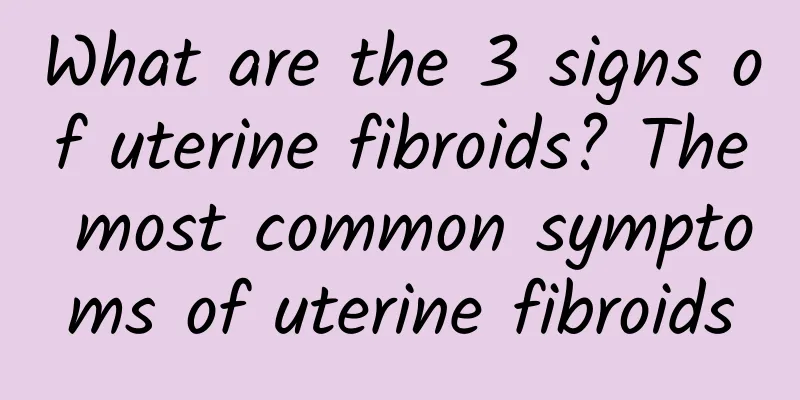What is the health care treatment of uterine fibroids? Daily health care of uterine fibroids
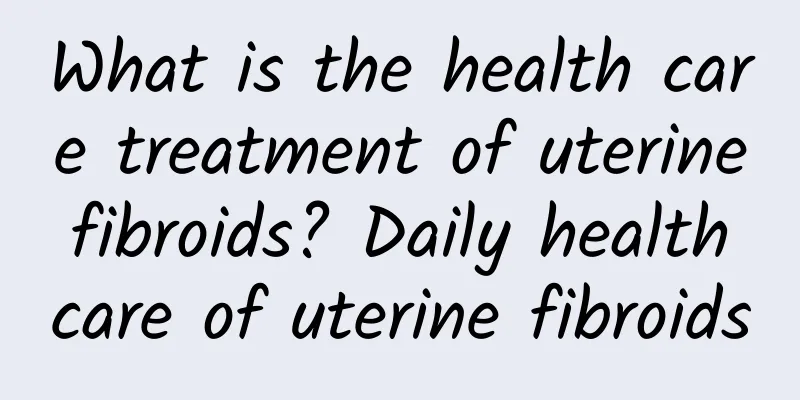
|
What is the health care treatment of uterine fibroids? Daily health care of uterine fibroids Uterine fibroids are one of the most common benign tumors in women. Although they do not cause serious health problems in most cases, some women still want to undergo effective health care treatments due to the discomfort of the symptoms. So, what is the health care treatment for uterine fibroids? This article will answer your questions from three aspects: diet health care, exercise health care, and psychological health care. Diet and health care: related to health Diet plays a vital role in the health care and treatment of uterine fibroids. First of all, the diet should be balanced and contain sufficient nutrients. For example, protein-rich foods, such as fish, lean meat, beans and soy products, can help reduce the size of fibroids and inhibit their growth. In addition, antioxidants such as vitamin C and vitamin E can effectively prevent the occurrence and recurrence of uterine fibroids. Regular intake of foods rich in these vitamins in daily diet, such as citrus fruits, red dates, apples, onions, ginger, garlic, etc., is beneficial to the health care and treatment of uterine fibroids. Sports and health: Move your body Balanced exercise is also crucial for the health care and treatment of uterine fibroids. Appropriate exercise can improve blood circulation and increase the body's metabolic rate, which helps the absorption and disappearance of uterine fibroids. For example, aerobic exercise such as brisk walking, swimming, jogging, etc. can not only reduce the symptoms of fibroids, but also relieve pain and stress. In addition, gentle exercises such as yoga, Tai Chi, and abdominal breathing are also good choices for daily health care of uterine fibroids, which can help regulate the body's endocrine system and slow down the growth of fibroids. Mental health: Relieve stress The health care treatment of uterine fibroids includes not only physical care, but also psychological care. Stress and anxiety may cause endocrine disorders in the body, which will have a negative impact on the health of uterine fibroids. Therefore, maintaining a good mental state is an important part of daily health care for uterine fibroids. You can relieve stress and maintain inner peace and relaxation through leisure activities, music therapy, reading, etc. Conclusion: Health care treatment for uterine fibroids is a relatively mild treatment method that can be performed in daily life and plays a role in auxiliary treatment. Through dietary adjustment, moderate exercise and psychological stress relief, it can help slow down the growth of fibroids and the discomfort of symptoms, improve the body's immune ability, and thus improve overall health. Please consult a professional doctor before undergoing these health care treatments and develop a reasonable treatment plan based on your own situation. |
Recommend
Let you know what is the cause of cervical hypertrophy?
Let you know what is the cause of cervical hypert...
How to best prevent pelvic inflammatory disease
Women need to learn more about the prevention of ...
Can I eat carrots after a miscarriage? It is best not to eat them
Can you eat carrots after a miscarriage? Carrots ...
Are endometrial polyps uterine cysts?
Endometrial polyps and uterine cysts are two diff...
What is the cure rate for threatened abortion?
Threatened abortion, literally understood as a wa...
Choosing the most appropriate treatment for cervical hypertrophy
There are many treatments for cervical hypertroph...
Causes of vulvar leukoplakia
Many people don’t know much about vulvar leukopla...
Explore what is the treatment for cervicitis
After suffering from cervicitis, women all want t...
Miscarriage reexamination B ultrasound or vaginal ultrasound, how long can I do B ultrasound during pregnancy
Vaginal ultrasound, also known as vaginal B-ultra...
What does blocking antibody mean?
Blocking antibodies are immune factors that may a...
What should I eat after I just had an abortion?
After an abortion, the body is in the recovery pe...
U.S. study: Hamburgers have heart disease risks, dumplings less so
According to a study published in the journal Cir...
How to judge the recovery of endometrial thickness
Endometrial thickening is a disease that mainly m...
What are the symptoms of left ovarian cyst?
Symptoms of a left ovarian cyst may include lower...
Initial diagnosis of hyperprolactinemia
Hyperprolactinemia is the most common pituitary d...
